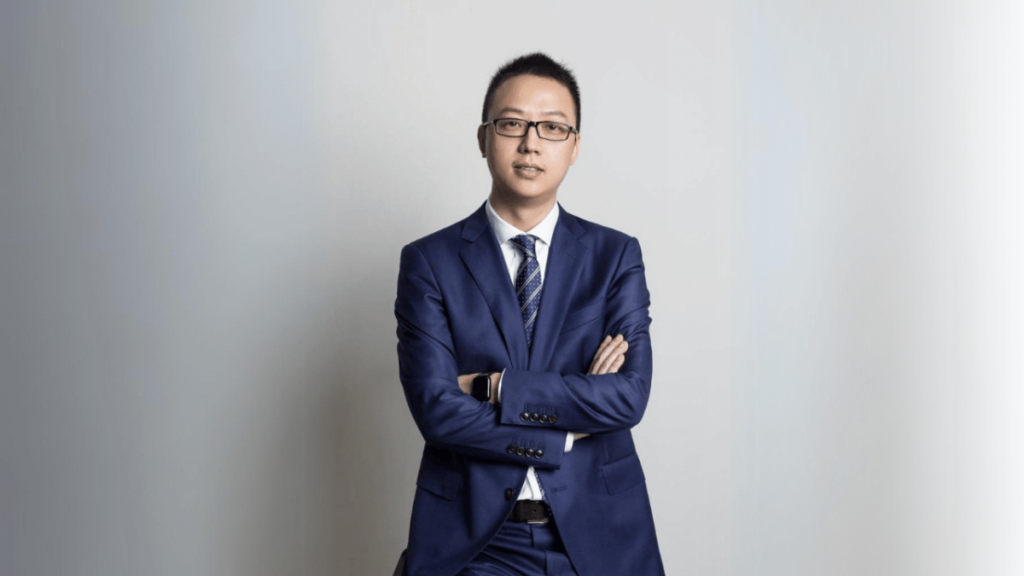Chinese internet giant Alibaba Group is reportedly contemplating the divestment of several consumer sector assets, including department store operator Intime Retail, grocery business Freshippo (also known as Hema), and retailer RT-Mart, according to sources familiar with the matter cited by Bloomberg.
The media outlet stated that discussions surrounding the sales plan began months ago, with talks believed to have commenced following Joseph Tsai’s assumption of the position of board chairman from Daniel Zhang in September 2023. Sources noted that discussions remain in the preliminary stages, and Alibaba may ultimately decide against proceeding with the divestitures.
This plan is also emerging as Alibaba, now helmed by Tsai and CEO Eddie Wu, embarks on a reorientation toward its core e-commerce business while shedding non-core and unprofitable units.

Alibaba’s growth endeavors have also been impacted by heightened regulatory scrutiny over IPOs in local capital markets, ostensibly delaying the listing plans of various units. For instance, Freshippo, which operates a supermarket chain in China offering dine-in services and 30-minute home deliveries, had intended to list in Hong Kong last year, but the plan was put on hold due to uncertain market conditions.
In 2020, Alibaba invested USD 3.6 billion to acquire a controlling stake in Sun Art Retail Group, the operator of RT-Mart, following an earlier purchase of a 21% stake in the company. Subsequently expanding into China’s brick-and-mortar retail sector, Alibaba’s strategy aimed to counter the slowdown in e-commerce growth. However, it remains uncertain whether this strategy has yielded favorable results. According to China Entrepreneur, Sun Art Retail Group recorded RMB 83.6 billion (USD 11.7 billion) in revenue for fiscal year 2023, representing a year-on-year decrease of 5.1%. The group’s net profit attributable to the parent company for the same period was approximately RMB 109 million (USD 15.3 million), hovering close to breakeven before returning to losses subsequently, with its loss margin widening.
Founded in Hangzhou in 1998, Intime initially operated as a single department store before evolving into a comprehensive shopping mall format and later diversifying into commercial retail, real estate, and investments. Intime was once one of Alibaba’s flagship investments, acquired as the cornerstone of the Chinese giant’s new retail strategy. In April 2014, Alibaba invested HKD 5.3 billion to become Intime’s second largest shareholder, subsequently acquiring the business outright in 2017 for HKD 19.8 billion, following Jack Ma’s proposal in 2016 for Alibaba to focus on new retail.
With Freshippo, RT-Mart, and Intime facing challenges in achieving sustainable success, Alibaba’s venture into new retail seems to have yielded mixed results, prompting discussions on divestment to realign its focus. While Alibaba’s foray into this concept has helped integrate online and offline commerce, popularizing local lifestyle services such as grocery deliveries and in-store order pickups, the endeavor appears to have been derailed by the stagnation in consumer spending power in China. This trend is notably evident in the stagnation of average income levels among consumers, resulting in diminishing returns for e-commerce platforms as adoption rates have seemingly peaked domestically.
Alibaba’s “1+6+N” reform initiated in 2023 is aimed at positioning the group as an investment holding company, focusing primarily on asset and fund management. This suggests that Alibaba may consider selling or reducing its holdings in assets that do not contribute significantly to its overall asset portfolio. Noteworthily, this area aligns with the expertise of Tsai and Wu, both having backgrounds in venture capital and investments.
The potential sale of these three units, if realized, may mark the beginning of a broader divestment strategy. Considering Alibaba’s core revenue streams in e-commerce and logistics, divesting from other businesses may be on the horizon. Recent rumors of Alibaba planning to sell local lifestyle business Ele.me to ByteDance’s Douyin and conducting a strategic review of video streaming platforms Youku and Tudou reflect the financial struggles these businesses have faced.
As competition continues to build up for Alibaba’s core e-commerce business, the group may be rationalizing its operations. After all, revitalizing its e-commerce business at Taobao Tmall Commerce Group (also known as Taotian Group), along with its cloud business, seems a more pragmatic and high-priority initiative compared to the ambitious new retail plan initially proposed nearly a decade ago.
This rationale may also explain Wu’s leadership at both core businesses, assuming responsibility for Alibaba Cloud following Zhang’s departure and replacing Trudy Dai at Taotian Group last December.

